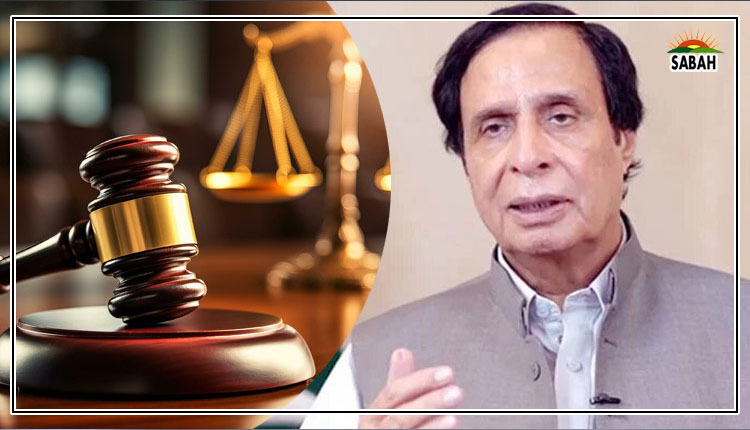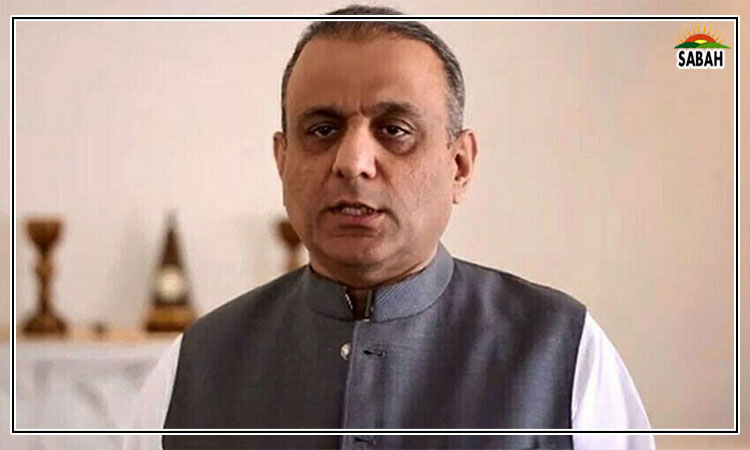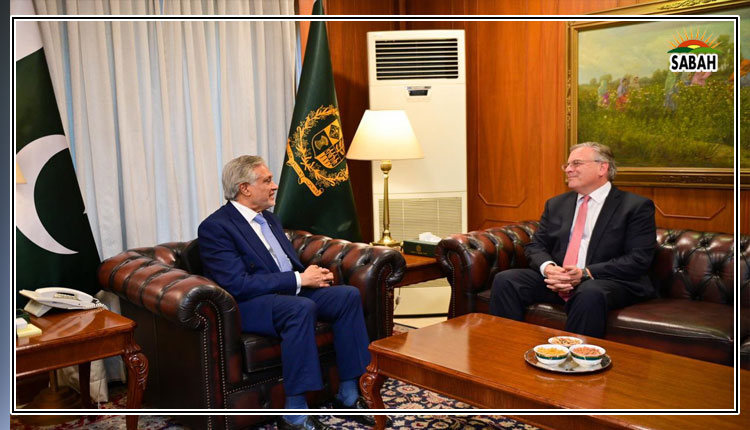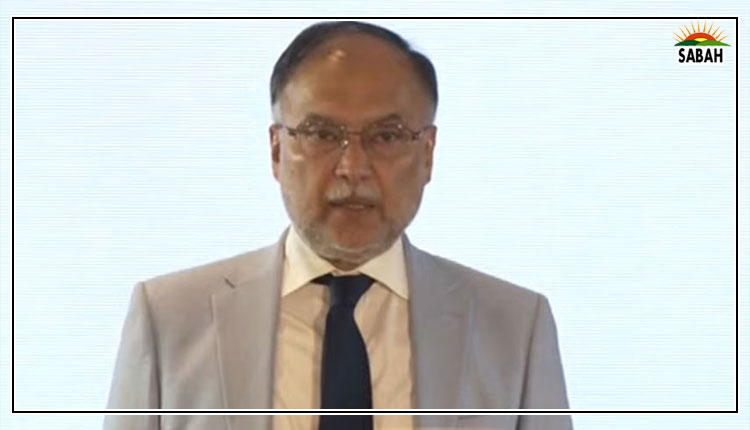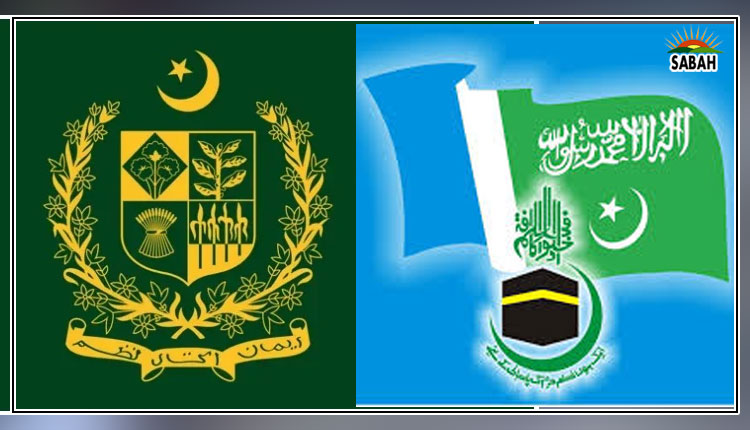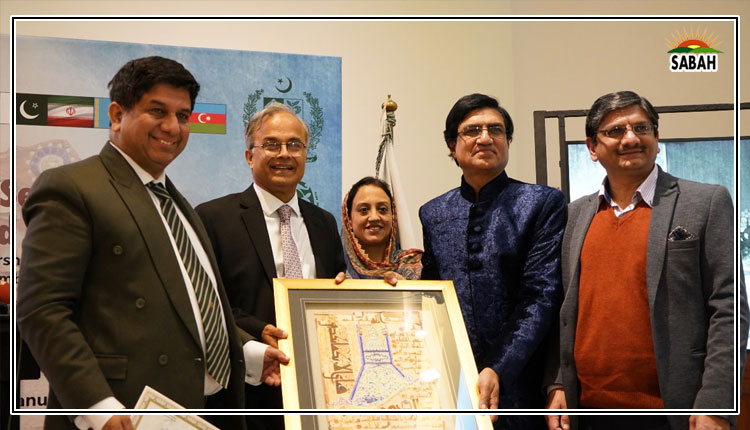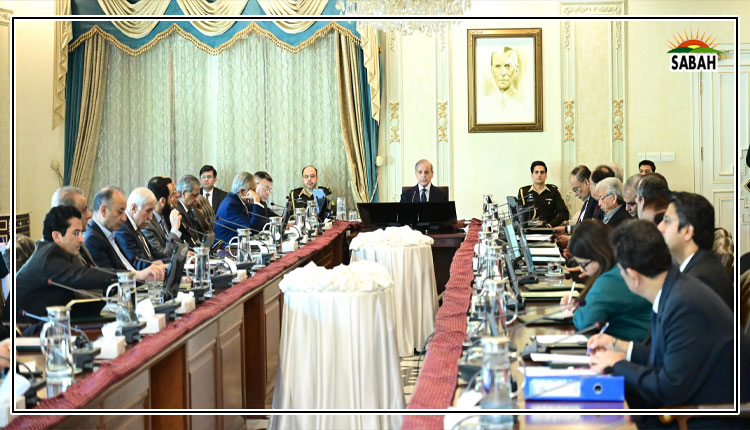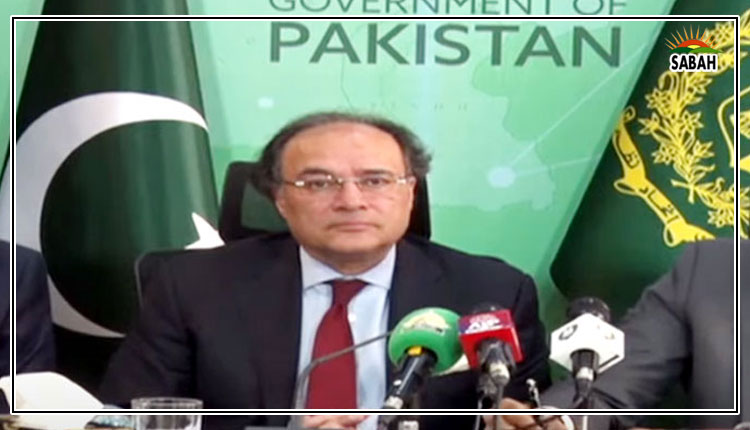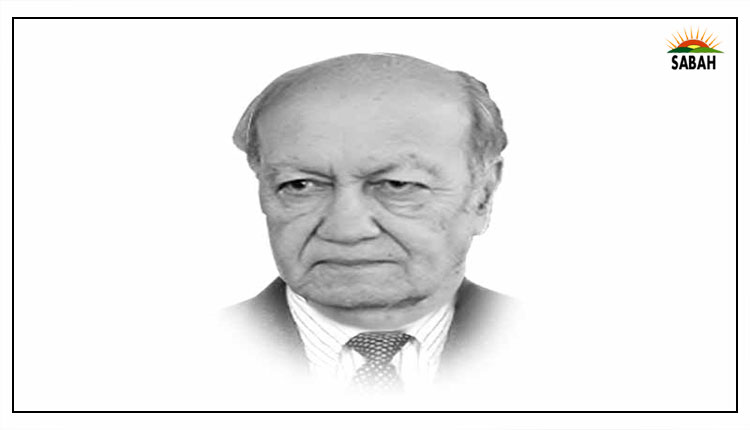Pakistan needs a different leadership…Talat Masood
The world has changed dramatically over the last forty years. The exponential spread of social media and the exposure to television and news about events and developments reaching people instantly has raised the consciousness and understanding of the general public to a high level. Even those who have remained unfortunate due to the neglect of the state and are practically illiterate have a good understanding of what is good for them and which leaders and what policies need to be adopted and preferred when it comes to exercising their choice during elections. They no more take on face value what the leaders would tell them and will be more influenced by the past record and the recent role and activities of the leadership.
It is in this context that we have to gauge what was the essence of Nawaz Sharifs recent public address and what should be realistic expectations in case PML-N comes to power. It also cleared any ambiguity that Nawaz is here only to improve the prospects of his party winning the elections and then return to the UK. Speaking for over one hour while standing in fairly hot weather reaffirmed that his health has considerably improved and he is in a position to lead country from the front. The presence and prominence of Maryam Nawaz and the demonstration of it in public left no doubt of the central role she would be playing if PML-N comes to power. Other close members of the family surrounding him, including Shebaz Sharif, reaffirms that their dominance in party affairs will continue. Unfortunately, Pakistans democratic development has suffered and continues to suffer by this inward and short-sighted policies of most of our party leaders. It contributes to thwarting democratic practices and is a reflection of their insecurities. It frustrates senior leaders of the party and negates the very essence of democracy when kinship takes precedence.
India, Bangladesh, Sri Lanka and Nepal too had these shortcomings. However, India made a great leap forward by discarding this trend by electing Manmohan Singh and then Modi as PM. But other South Asian nations still suffer from dominance of dynasties.
Similarly, hold of influential families in provinces has given a free rein to perpetuate their hold on political power. The Bhuttos in Sindh and the Sharifs in Punjab are a classic example of this political monopoly. These families have every right to acquire political power but through a level-playing field and no interference or propping up from institutions or by trespassing democratic and ethical norms. Sindh and Balochistan have suffered the most by failing to create an environment for other parties to compete in an equitable way. The present plight of the people in these two provinces, especially in the interior, is a sad reflection of the quality of governance and gross neglect of the well-being of the masses. It is ironic and unfortunate considering the solid support that PPP enjoys in rural Sindh which gives it continuity in enjoying political power that the party has yet to seriously focus on the development of this constituency. The shameful neglect of Karachi is another ugly manifestation of incompetent governance. In this the MQM may be equally responsible despite having until recently a substantial vote bank in the city.
By now it should be clear that narrow vision of leaders leaning heavily on ethnic and lingual politics divides the polity and is a drag that undermines the prosperity of its people. The coming elections provide an opportunity for political parties to field and promote those leaders or party candidates that foster inclusivity, are less biased and have proven ability of working toward a better future for the country. The responsibility equally lies with the people to vote for candidates with these attributes.
It is just as important that the army stays clear and ensures a free and fair election. The PTI which currently is under siege should be given a free and fair chance to participate in the elections. Despite their recent setbacks they command substantial peoples support. By suppressing or denying them their right we will have serious doubts of the true representative character of the national assembly. Our leadership has yet to grasp that deliberately distorting the elections, favouring certain candidates is unethical and has only added to our multifarious challenges. It demoralises the electorate, keeps the parliament looking toward institutions rather than its electoral base for support. Pakistani people cannot remain under threat from being denied their right to the basic norms of democracy and good governance. Attacks on political leaders and workers should not be tolerated, as we witnessed a few months ago in Lahore in broad daylight. We have to remind ourselves that Pakistan which the Quaid visualised as a homeland for Muslims would be democratic and have a political order and ethos that conform to well-established standards.
With fair elections it will be easy to determine the electorate preferences. Also, the political leadership will be better placed to take the people along in pursuing policies which may impose hardships in the short term but later strengthen and revive the economy reducing its dependence on foreign assistance.
It is clear that majority of Pakistanis are impatient for change. They are heavily burdened with rising prices that they can ill-afford. As regards the youth most are disillusioned and see no future for them. In fact, a large number would migrate in pursuit of jobs, if given an opportunity.
Another critical challenge the incoming government will face are the specific threats that the country is facing on the borders in Khyber-Pakhtunkhwa and Balochistan. The army has played a critical role in dealing with these threats and its soldiers and officers have made great sacrifices in dealing with them and continue to do so. But improving governance and the condition of the people is the responsibility of provincial and federal governments.
Few things lie at the core of an independent nation and people with a proud heritage. Most of all the country has to have a self-sustaining economy and politics that reflect the true aspirations of its people. However, as things stand, with an emaciated economy, we will continue accepting aid and foreign assistance. How many more years will it take to be autonomous in financial matters? Equally critical is: how long should the people wait for politics to mature? These are some of the basic questions we need to confront our leaders on, as election tempo picks up.
Courtesy The Express Tribune



